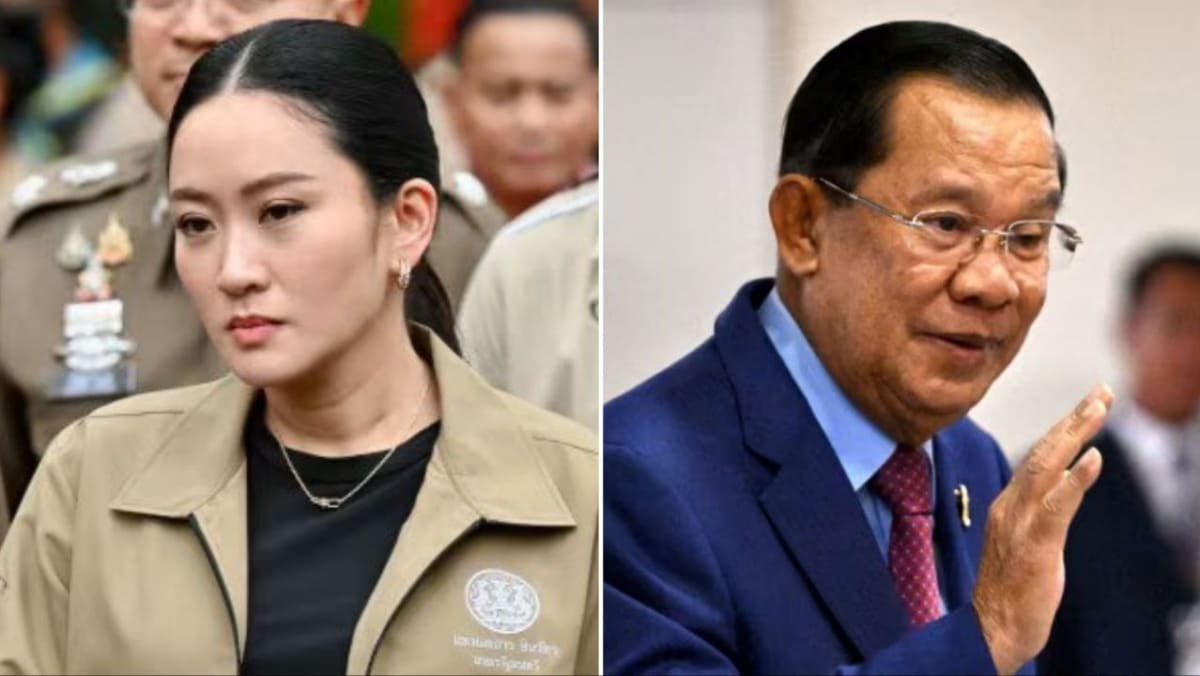MISALIGNMENT OF STATUS AND AUTHORITY
At the heart of the Thailand-Cambodia case lies a misalignment of status and authority.
Paetongtarn is the sitting head of government. Hun Sen, while no longer prime minister, retains unparalleled political sway. His son, Hun Manet, is the formal counterpart – yet it was Hun Sen who took the call, recorded it and made it public.
This is a form of hybrid leadership diplomacy, where former leaders operate without clear accountability yet retain access to the levers of statecraft. For Paetongtarn, engaging directly with Hun Sen may have felt natural, rooted in familial ties and political history. But in bypassing formal channels, she exposed herself to reputational and political risk.
Unlike official bilateral meetings, private engagements offer no diplomatic immunity, no archival record and no crisis management structure. Once public, they become political weapons.
The Association of Southeast Asian Nations (ASEAN) member states have long relied on personal rapport and informal backchannels to manage tensions as part of “the ASEAN way”. But the Thailand-Cambodia incident highlights the risks of informality when it lacks procedural anchors. The region has no shared norms or safeguards to govern the use of such channels, leaving bilateral diplomacy vulnerable to personal discretion and political exploitation.
The risks do not stem from personal rapport itself – which remains a valid and often effective diplomatic tool – but from informality without norms. Private calls bypass institutional records, oversight mechanisms and contingency planning.
This is not unique to Southeast Asia. During the first Trump administration, high-level engagement by non-official actors such as Jared Kushner and Rudy Giuliani frequently bypassed formal channels, blurring lines of authority. As the State Department’s role has diminished, the US itself has become susceptible to diplomatic authority drift.
This is a reminder that even in well-established systems, diplomatic norms can erode when political leaders personalise foreign policy without effective institutional checks.
